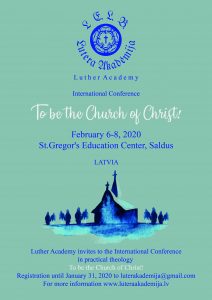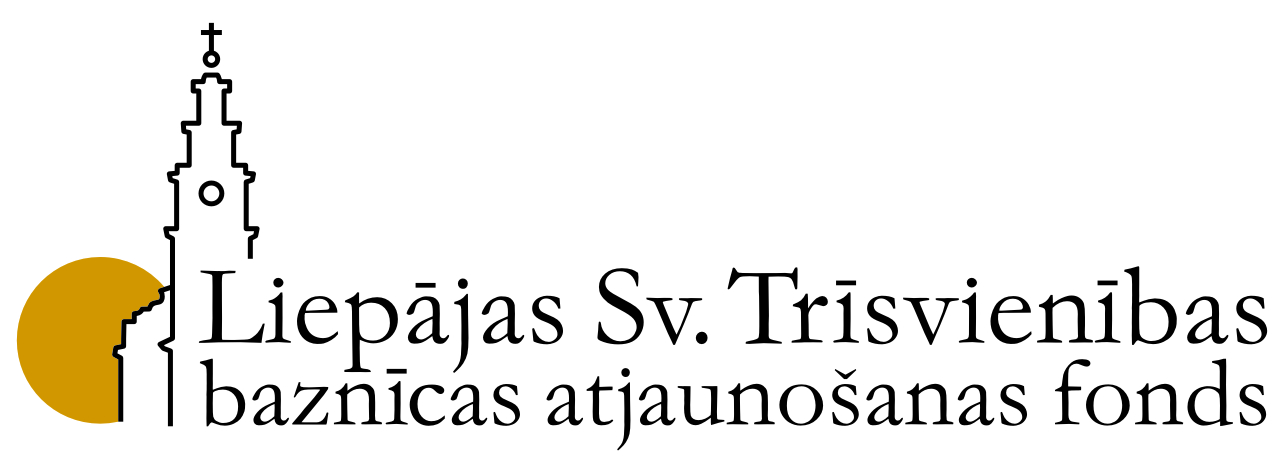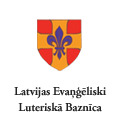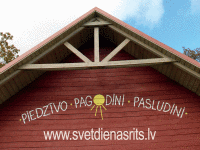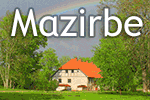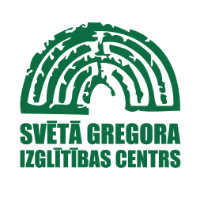Lutera Akadēmija ielūdz uz starptautisku konferenci praktiskajā teoloģijā “To be the Church of Christ!”, kas notiks 2020.gadā no 6.-8.februārim Saldus Sv.Gregora Izglītības centrā.
Reģistrācija dalībai konferencē līdz 31.janvārim šeit
Konferences sākums ceturtdien, 6.februārī plkst.14:00.
Konferences noslēgums sestdien, 8.februārī plkst.13:00.
Dalības maksa – ziedojums: LELB garīdzniekiem, darbiniekiem un LA studentiem – 30 EUR, pārējiem – 60 EUR. Dalības maksas sedz naktsmītnes un ēdināšanu.
Dalības maksas pārskaitīšana:
Nodibinājums “Lutera Akadēmija”
Reģ.Nr. 40008121887
AS Swedbank, kods HABALV22
Konta Nr. LV64HABA0551019647767
Mērķis: “Ziedojums dalībai 6.-8.februāra konferencē”
Konferences norise ANGĻU VALODĀ (bez tulkojuma).
Many churches are working with their identity. The conference starts with an analysis of the book Church of Christ written by bishop Bo Giertz in 1939.
It has meant a lot for the self-understanding of many people in Sweden as well as outside the borders of Sweden.
This led our thoughts into the well-known concept of the seven marks of the Church that Martin Luther promotes. Mission Diocese in Finland consciously uses it in their work with identity and pastoral questions and it will be presented. During the conference the fifth mark, “the Office”, together with pastoral education will be the most focused one.
Since the conference will be held in the Baltic region that lives with the heritage from both war and (a church hostile) occupation, it is natural to have a lecture on the subject, focusing on the seventh mark – the cross.
Considering the mission of the Church for the world – what is the world like the public proclamation is supposed to address? This will also include an analysis of our present time.
Since we live in a new situation where churches are changed and new church structures are formed, the conference will end with a general consideration about the relation between the Church and the different individual church structures.
PROGRAM
Thursday, February 6
1. Being Church of Christ
The book Church of Christ by bishop Bo Giertz as an intercept between Evangelical Catholicism and Lutheran Confessionalism.
Doctor of theology, Rune Imberg, Lutheran school of Theology Gothenburg, Sweden
2. Meta-horizons of Lutheran Church Planting – visions into post-Constantinian realities
How the Mission Diocese of Finland works and thinks on the basis of the seven marks when new congregations are forme. Both theoretical content and practical pastoral questions are addressed.
PhD-student Sebastian Grünbaum, Lutheran Mission Diocese, Finland
Friday, February 7
3. The Office of the Church
The Church order of Laurentius Petri, The first Lutheran Church order from year 1571 is compared with the Evangelical Lutheran Church of Latvia profession description of a Luther pastor 2014.
Doctor of theology, university lecturer Tomas Appelqvist, Sweden
4. Equipping for the Office of the Church
Different approaches for the formation of a Servant of the Divine Word and their motivations based on the Lutheran tradition. A reflexion of the progression and different levels of maturity and responsibility that pastors achieve with growing pastoral experience.
Doctor of theology, Prof. Christoph Barnbrock, SELK, Lutherische Theologische Hochschule Oberursel, Germany
5. Being a Church with Experience of Persecution
A church with experience from World War and Soviet Union occupation.
Suffering, Persecution and Martyrdom as a Mark of the Church.
Doctor of theology, docent Darius Petkunas, Lithuania
6. Being Church for the World
An analysis of our present time. “Being in the world but not of the world” The time that we are called to preach in.
The Most Reverend Janis Vanags D.D. Archbishop of Riga, Luther Academy, Latvia
Saturday, February 8
7. Being a church in the Church
To understand the relation between different (national) churches theologically. The difference between the looser concepts `federation´ and `association´ and the deeper concept `Communio´ as expressions for Church fellowship.
Doctor of theology, Alexey Streltsov,Theological Seminary of SELC, Russia

